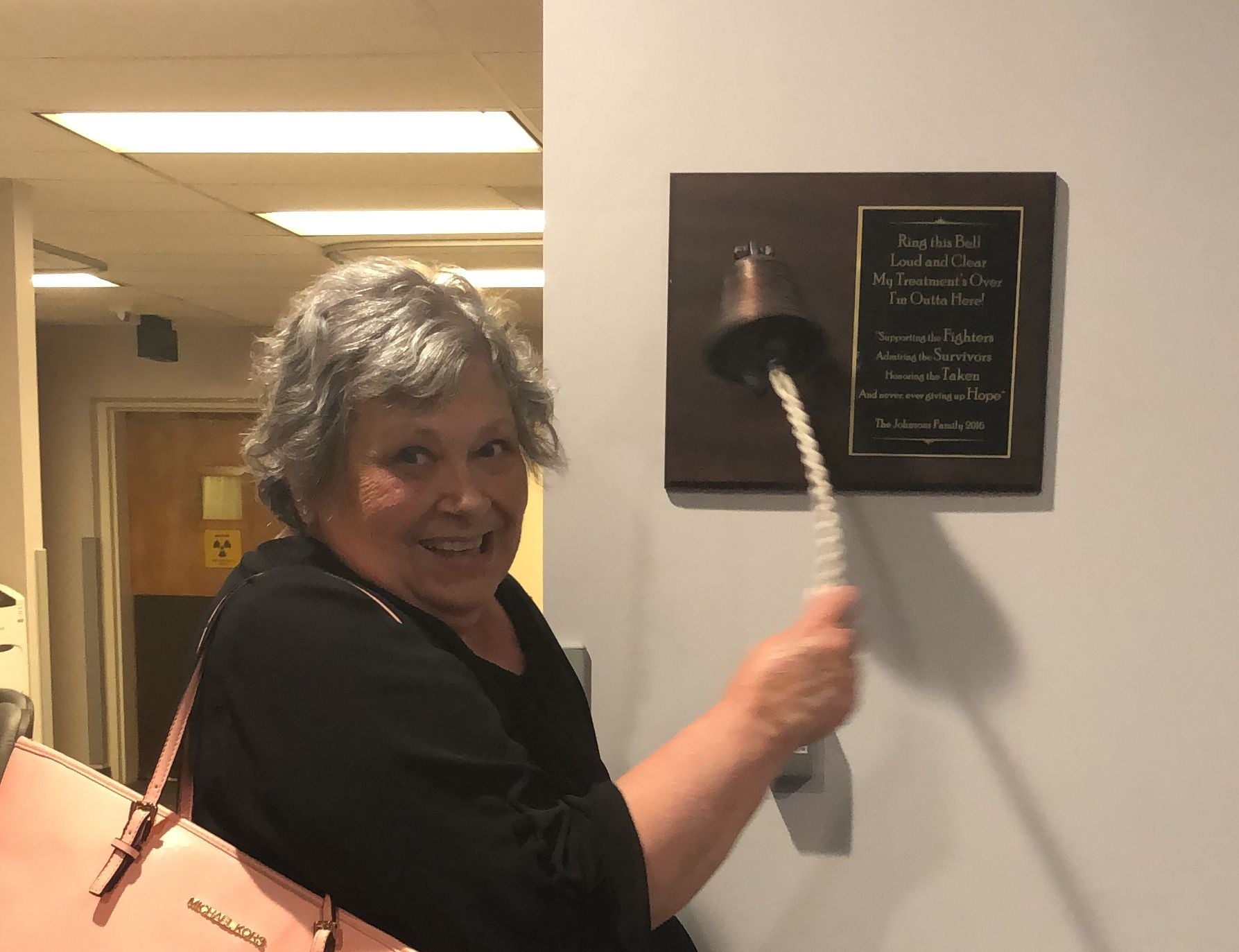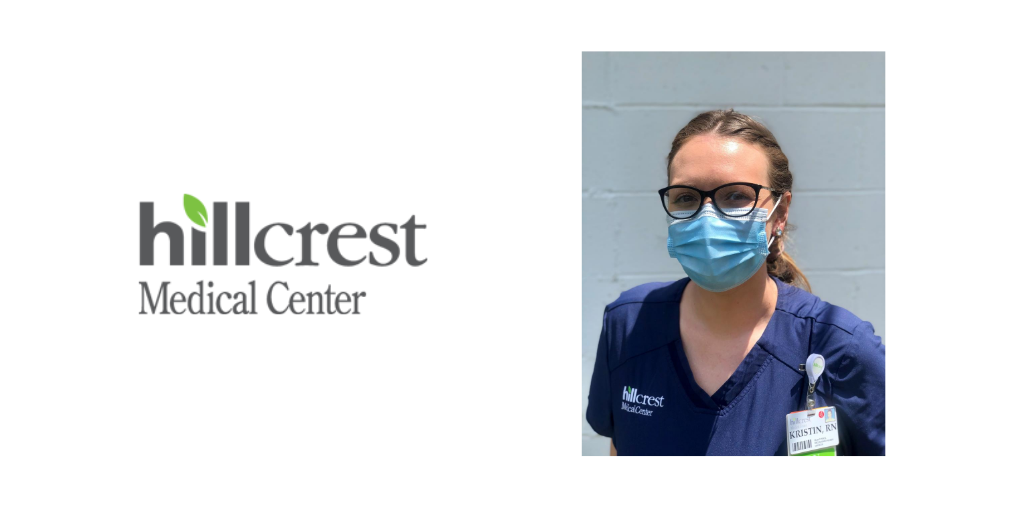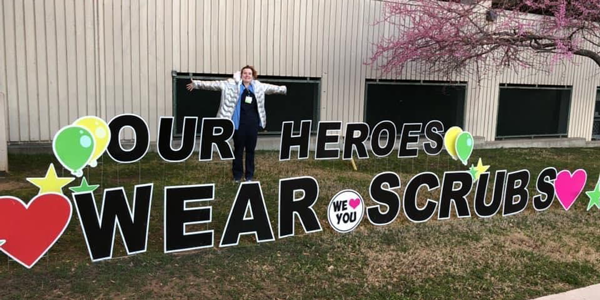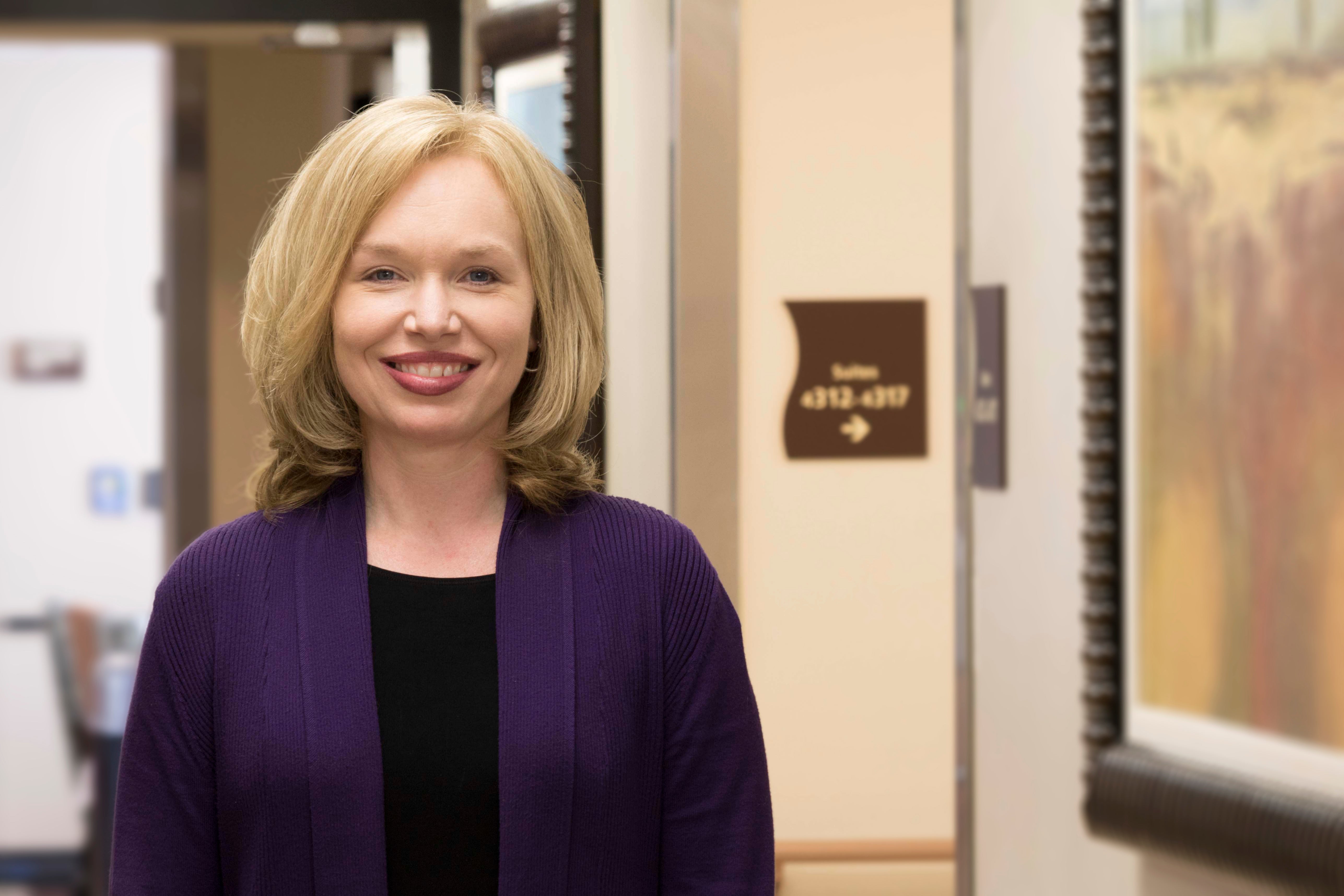(March is National Nutrition Month and to commemorate the occasion, Hillcrest Medical Center and Oklahoma Heart Institute dietitian Andrea Shotton will share her expertise on the topic of nutrition in a pandemic through a series of weekly blogs. In the first edition, Shotton discusses if it is possible to eat nutritious meals that are also budget friendly.)
Going into quarantine has become all too common during the pandemic.
From this isolation, food insecurity and mental health issues have... Read More »








